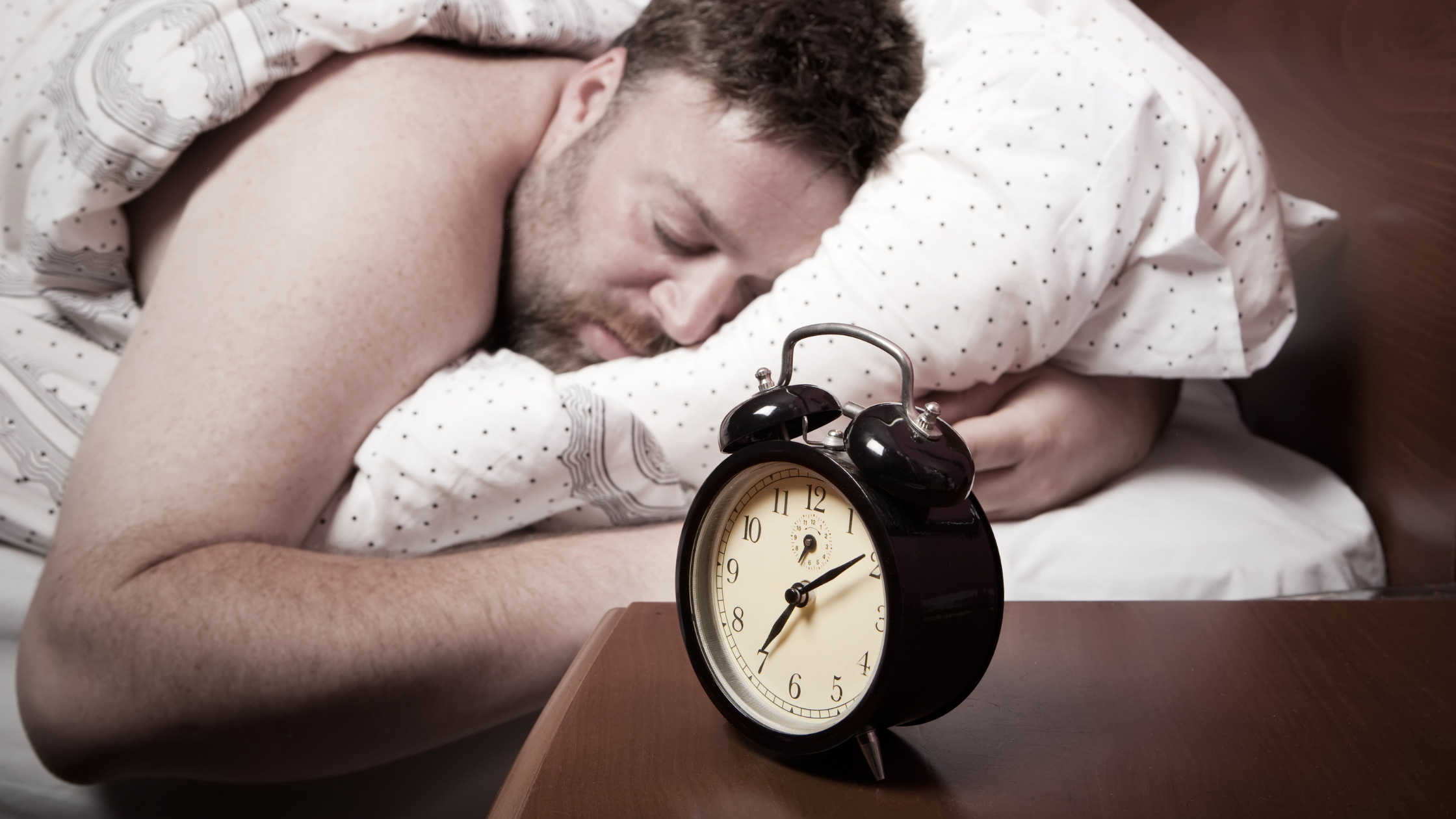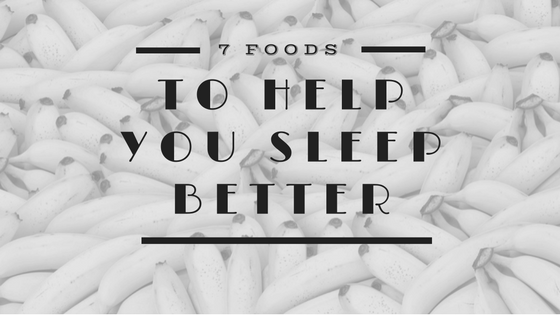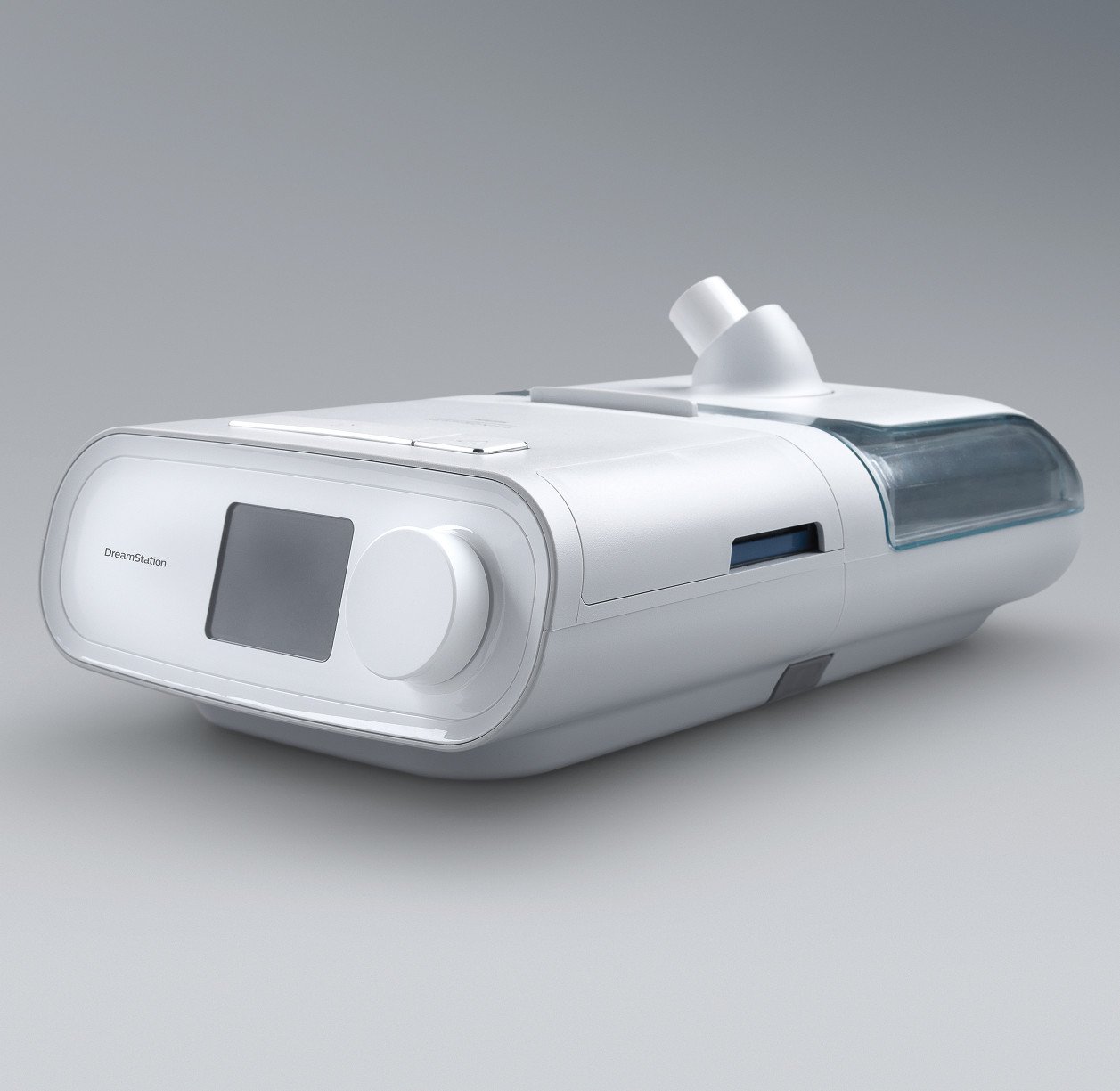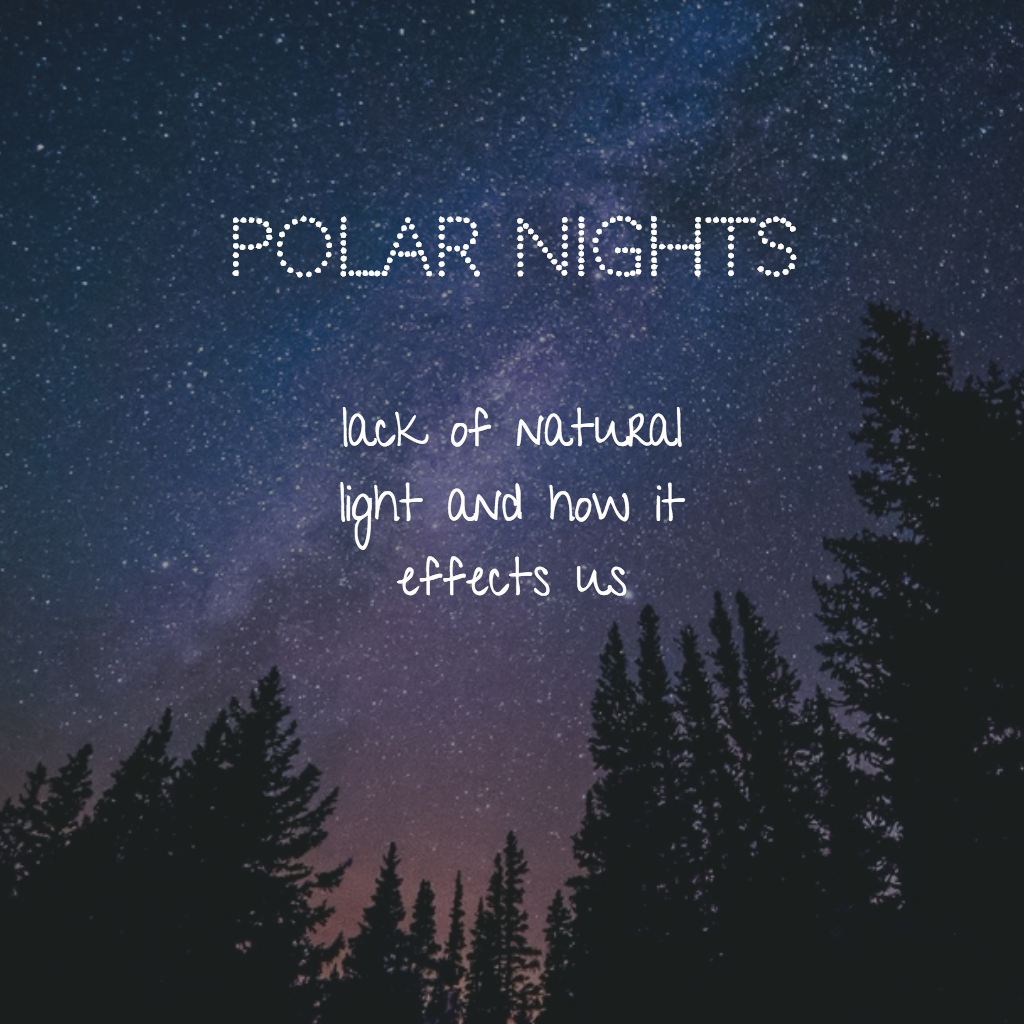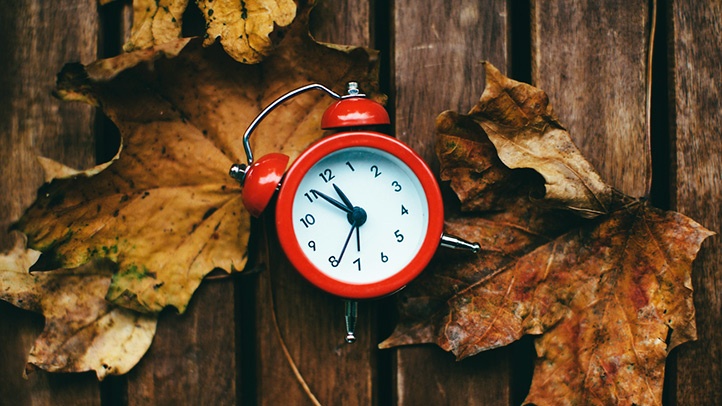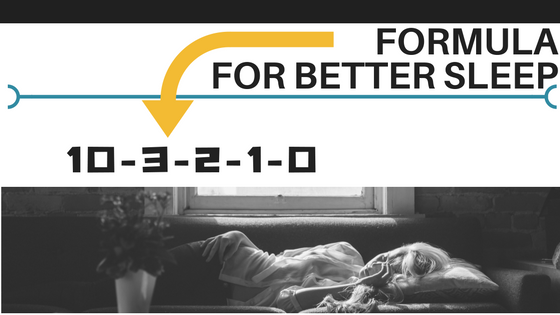Vacations are a time to relax, rejuvenate, and explore new places. However, getting a good night's sleep while on vacation can be a challenge. Changes in surroundings, time zones, and schedules can disrupt your usual sleep routine. In this blog post, we'll explore the importance of quality sleep during your vacation, offer tips on how to sleep better, and provide guidance on adjusting to different time zones.
Restful Adventures: The Art of Sleeping Well on Vacation
The Slumber Trap: Understanding and Overcoming Oversleeping
While many of us are all too familiar with the challenges of sleep deprivation, oversleeping can be just as troublesome. Oversleeping, or hypersomnia, is a condition in which individuals regularly sleep more than the recommended 7-9 hours for adults, leading to daytime fatigue, missed commitments, and a feeling of wasted time. In this blog post, we'll delve into the causes, consequences, and strategies for overcoming oversleeping.
It’s not surprising that the week of Thanksgiving was chosen as GERD awareness week, especially with our tendency to indulge in a little too much of everything! GERD. or gastroesophageal reflux disease, is a common disease that affects millions of Americans.
Forty percent of Americans report having symptoms of insomnia at some point within a given year, according to the National Sleep Foundation. This alarming statistic identifies a common problem across the country affecting millions of adults. Not only does being tired detract from you quality of life, poor sleep is also detrimental for your health, causing or exacerbating conditions like heart disease and depression.
Before reaching for a prescription drug, there are some lifestyle factors that may actually improve your sleep outcomes. One lifestyle factor is diet. Revamping your diet can go a long way towards improving your sleep quality, provided you opt for foods rich in the right sleep-inducing ingredients. Continue reading to learn about 7 foods that can help you sleep better.
Inflammatory bowel disease (IBD) is a waxing and waning disease characterized by diarrhea, abdominal pain, and weight loss. IBD, which includes Crohn’s disease and ulcerative colitis, affects as many as 1.6 million Americans, most of whom are diagnosed before age 30. Since there is no cure for these diseases, patients are relieved when they enter remission.
Are you or a loved one a CPAP user? They are the mainstay treatment for significantly improving sleep apnea, but up to 50% of people stop using them within one year. Why? One reason is how daunting the maintenance of their equipment is. At first, it might seem overwhelming but understand with time it will become as routine as brushing your teeth.
Polar Nights: lack of natural light and how it effects us
Alaskans have enjoyed another Summer of the Midnight Sun, but winter is upon us, so here come those dark days. We now have our next challenge to face, Polar Nights. As the bears crawl into their dens for their long winter naps, we would be glad to join them. The sun-driven energy from the summer is gone, and we are up against the health challenges of trying to be awake while it is dark.
An extra hour of sleep can welcome a short period of rest for many people. However, it can also disrupt normal sleep patterns, which puts strain on the body. The schedule change can throw off the body's internal clock, or circadian rhythm. It is great to have the extra hour of sleep, but a few days later that can lead to worse sleep. Continue reading to learn more about the negative effects of daylight savings.
Beep. Beep. Beep.
It’s 5:30 am., and that pesky alarm is going off. If you wake up feeling like you didn’t get a wink of sleep, you are not alone. Nearly half of Americans struggle with getting a good night’s sleep. Although the cause of sleep deprivation may be medically complicated, some behavioral patterns also may be contributing. What if you could follow a simple formula that could help you wake up feeling refreshed and ready for the day ahead? Following this 5-step formula, you will set yourself up for a successful night’s sleep. Continue reading to learn more.


